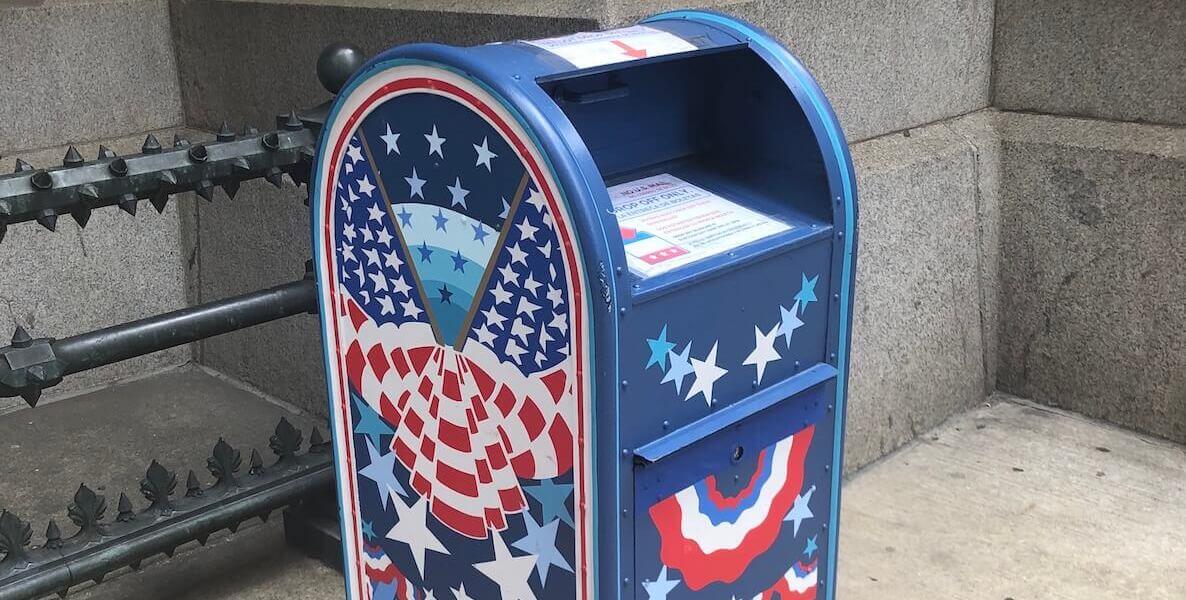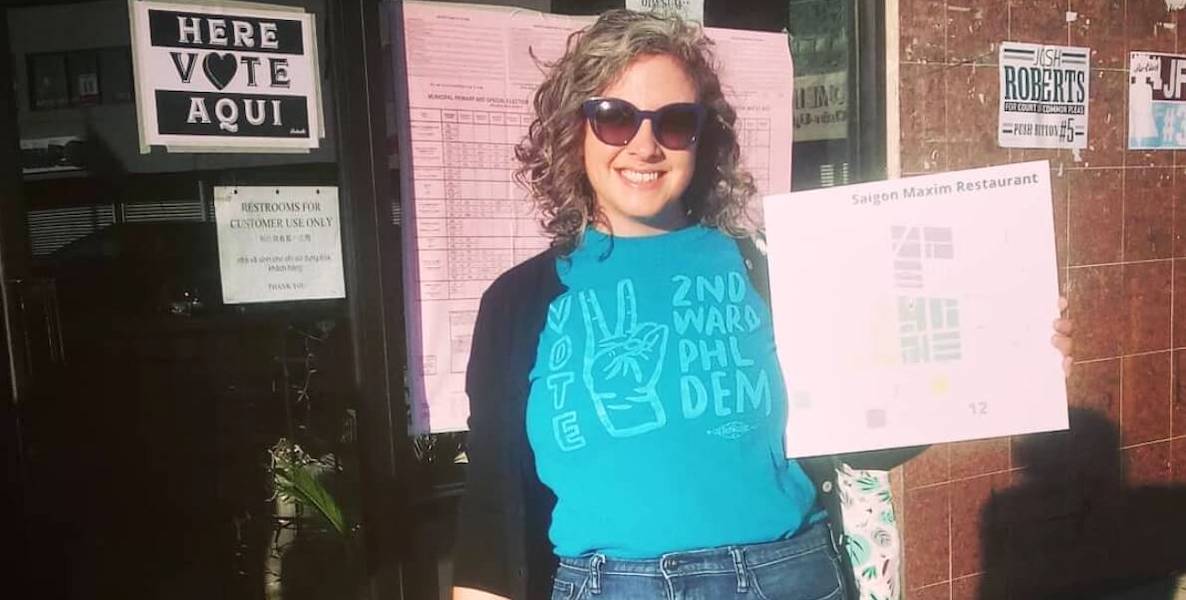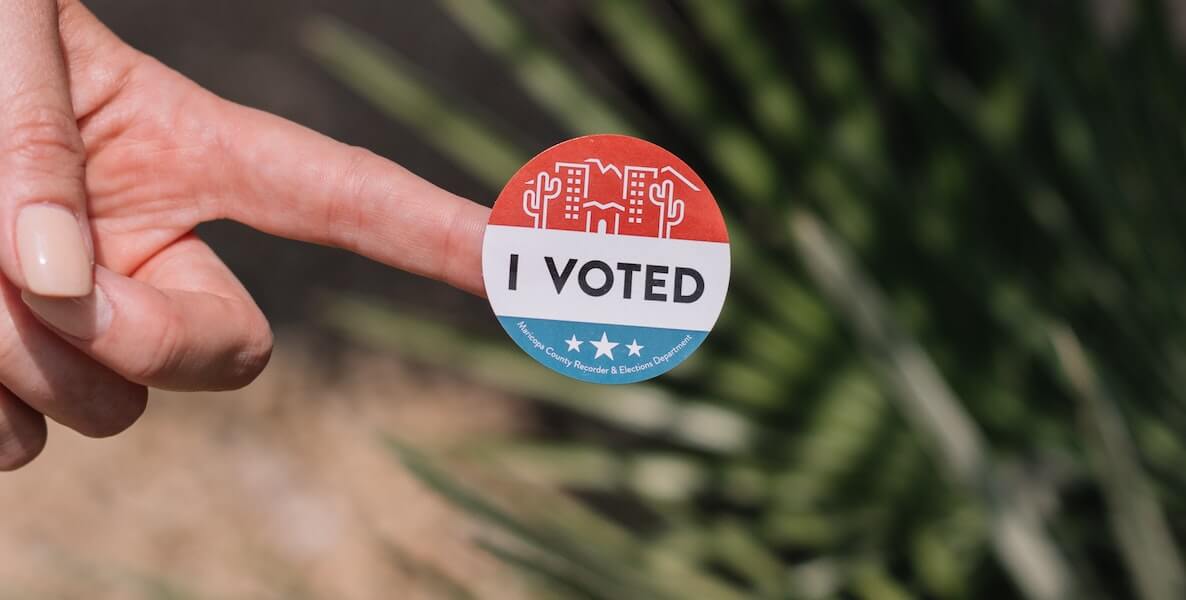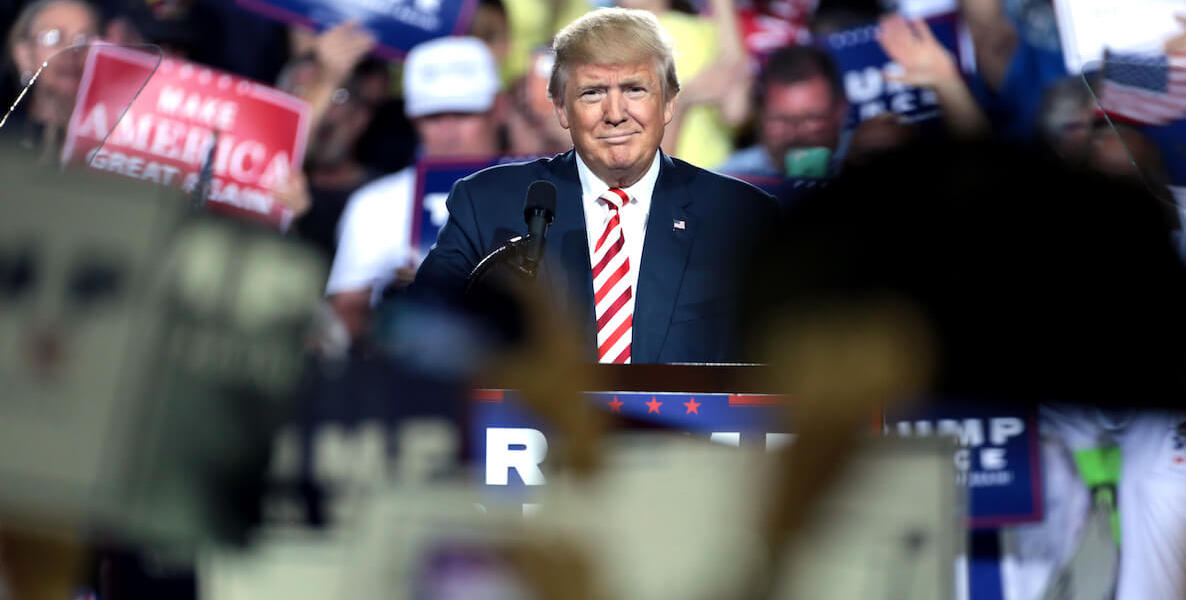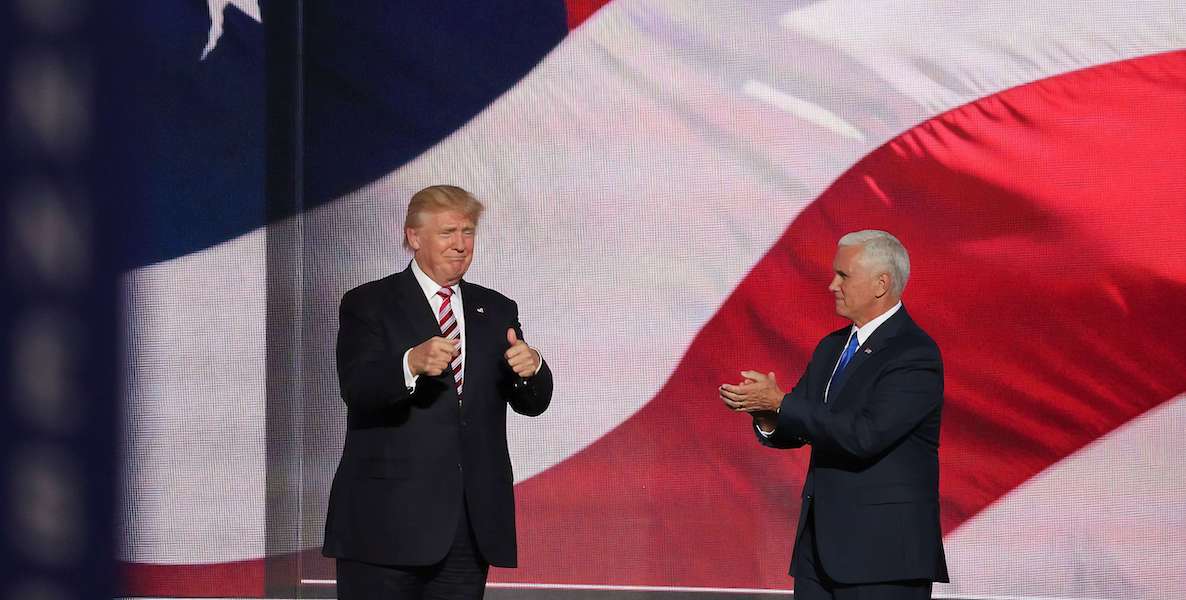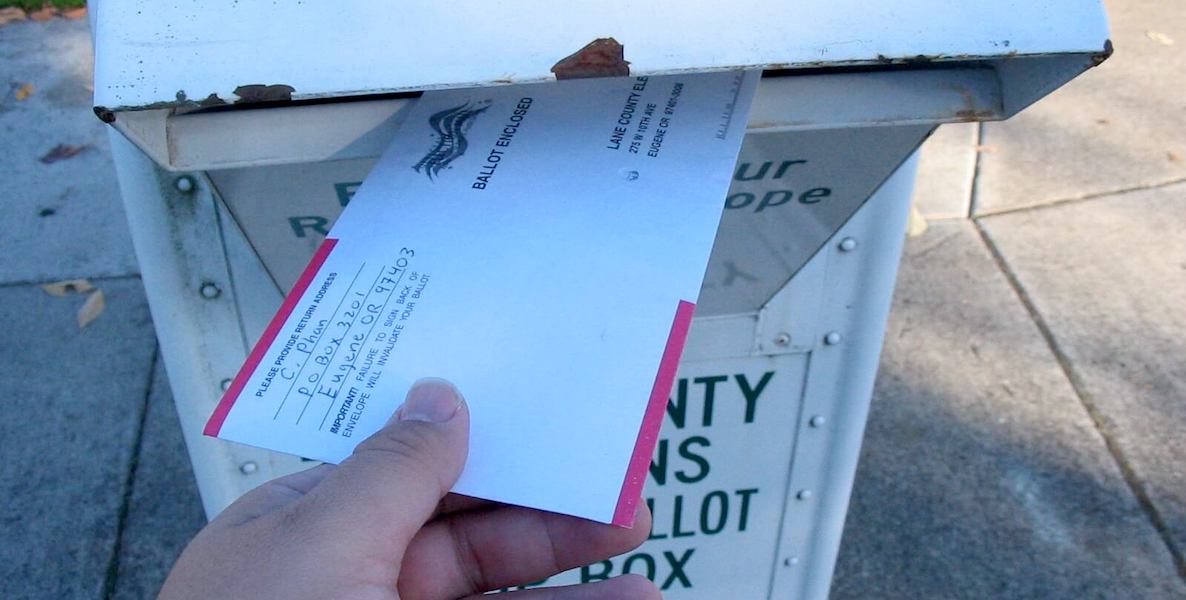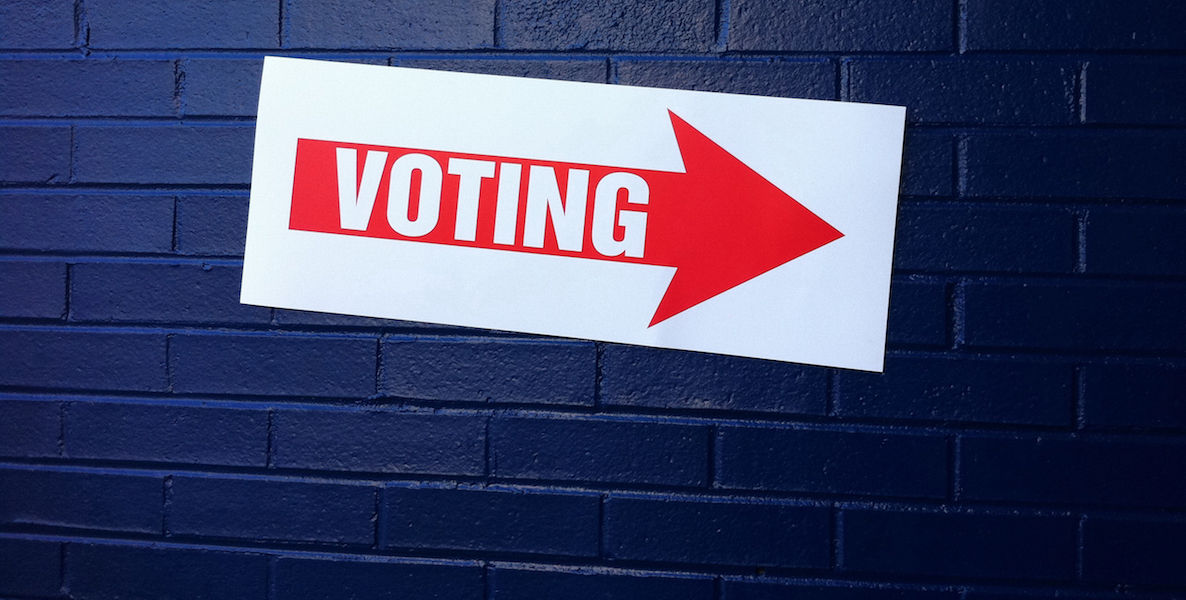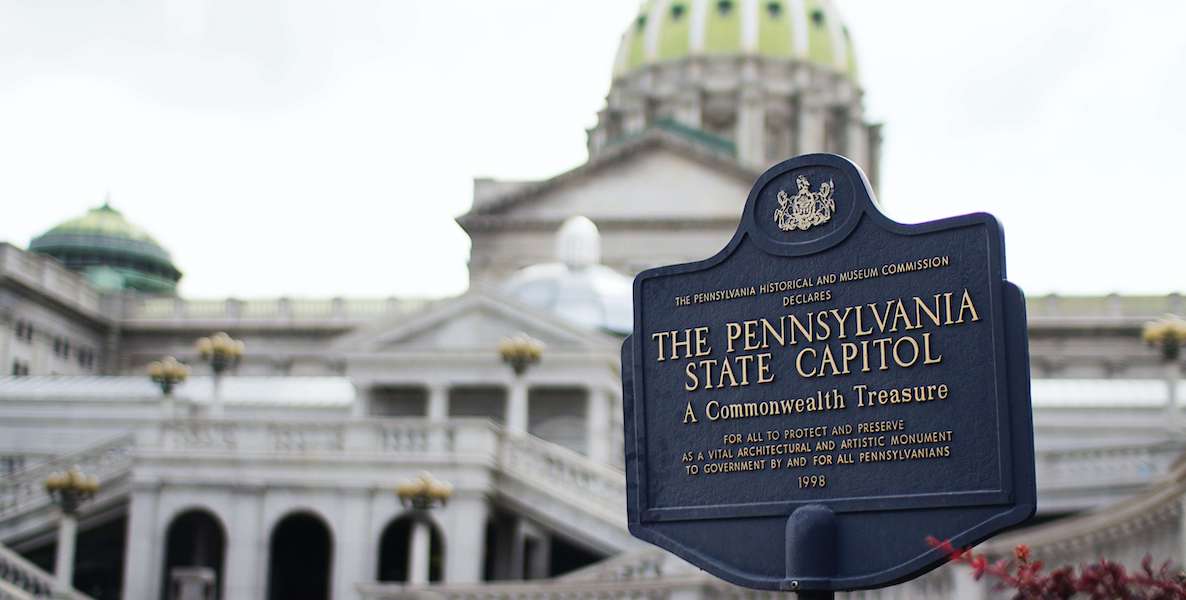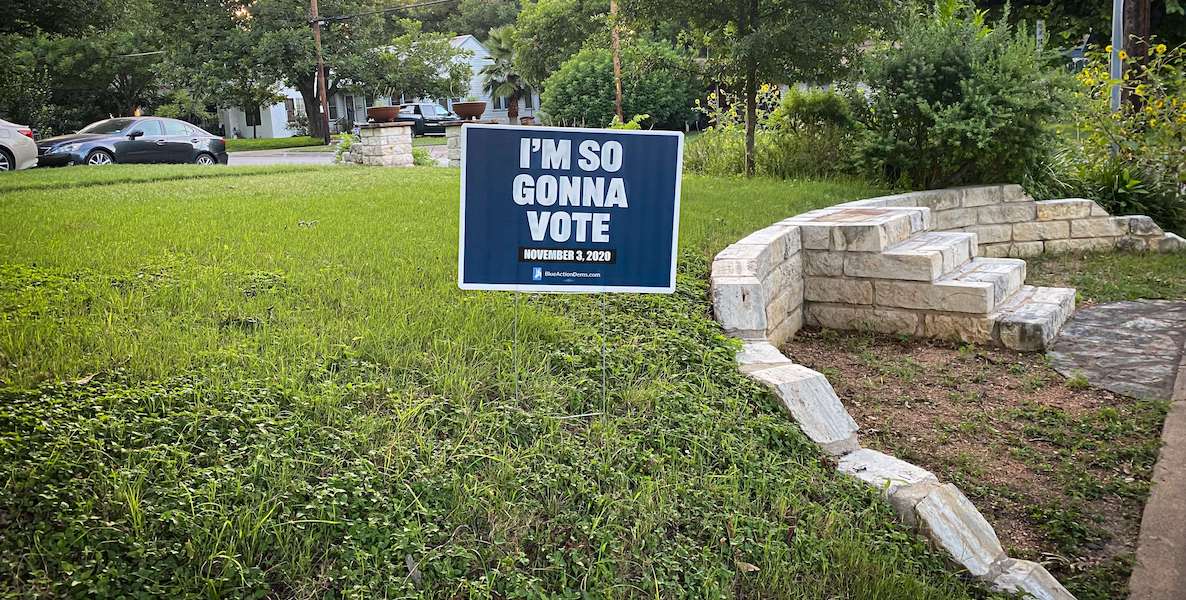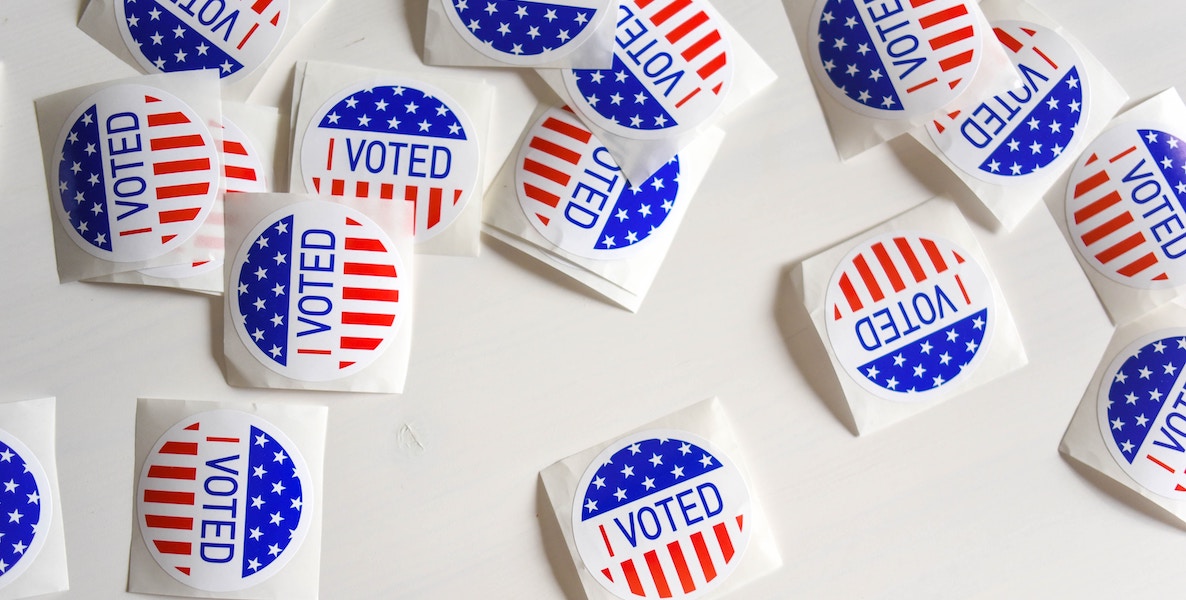Despite the election season rush to win over undecided voters in swing states like Pennsylvania, the truth is that the most influential block of people in our last presidential election was neither Democrat nor Republican. It was the non-voter.
![]() Nearly 100 million eligible voters did not cast a ballot in 2016. Was it that they didn’t care; or was it that they weren’t given a reason to? While political parties and organizations are pushing people to vote, rarely do we see a broken-down explanation of why.
Nearly 100 million eligible voters did not cast a ballot in 2016. Was it that they didn’t care; or was it that they weren’t given a reason to? While political parties and organizations are pushing people to vote, rarely do we see a broken-down explanation of why.
Politicians, activists, the media tell us these people didn’t vote because of voter apathy. They have been gaslighting us about this for decades. It’s not real.
It’s a term that ignores 200-plus years of voter suppression, and that blames individuals rather than institutions, politicians and an electoral process that makes it hard and—for some—seemingly meaningless to vote.
As we head into what has become an increasingly loud and noisy election season, we have to ask, “who are they talking to/about?” Messages range from, “vote like your life depends on it,” “this is the most important election of our lifetime,” to “settle” for one candidate over another to the laughable “any competent person for 2020.”
There is little institutional effort to reach out to people who are deemed unlikely to vote, or even understand what impediments and roadblocks are in their way.
Why should we vote? What difference will it make?
Voting is complicated by design. Understanding the difference between a state representative and a state senator is confusing, especially when it’s never been taught to you. Knowing how the president’s orders can and will directly affect your day-to-day is often overlooked—even in the middle of a global pandemic and economic crisis, amongst other things.
Understanding how to vote has also become overwhelming, again by design, even though technically, it’s now easier than ever. It requires many trusts, faith in new machines, confidence in the postal system and assurance that votes will count.
According to the Knight Foundation’s 100 Million Project, many non-voters suffer from a lack of faith in the electoral system. They have serious doubts about the impact of their own votes: 38 percent of non-voters are not confident that elections represent the people’s will. We don’t blame them.
We also know that voter suppression is wrongfully swept under the term voter apathy. Voter I.D. restrictions, inflexible work and school schedules that prevent citizens from having time to vote, lack of civics education in schools, the sudden closing (or changing) of polling places, and understaffed and under-trained election boards all contribute to making it hard for some —particularly Black and brown citizens—to be heard in the polls.
Voting is also discouraging if the race isn’t competitive. We see that a lot in Philly. This year alone, over 50 percent of local candidates ran unopposed. It’s hard to believe that your vote matters when in some races, it actually doesn’t.
These are all reasons why the work doesn’t end on Election Day. The day after is when it really begins.
As is probably the case with many of you, we both live in a high-information bubble. It’s not a bad bubble: We are politically active, know our rights and representatives, are civically engaged—heck, we are writing for and reading a niche publication specifically about these things. But so many people still don’t feel the same sense of connectedness that we do—and it’s not their fault.
So what can we do?
Rather than browbeat them at election time every year, we need to encourage people to be engaged politically and civically year-round. The more people are involved in their neighborhoods and their blocks, the more interaction they will have with their elected officials, and the more those officials will pay attention to them.
These interactions clarify what policies and issues are most important to them to make an informed decision when the time to vote comes around again. Here’s an example: Short dumping in back allies is a significant issue in my neighborhood, like many others in the city. Neighbors were taking it upon themselves to remove trash and weeds—a physically demanding job that would have to be repeated every time a mattress would magically reappear.
Once it was explained to neighbors that our state representative could receive funding to not only clear out people’s back allies, but also hire people from the neighborhood to do it, something clicked.
The issue of our political representation became personal, and local, not distant and in the capitol. Voters were now interested in resources on how to find out which candidates had this as part of their platform, and if the incumbent had put this program to good use.
This all started with a useful conversation, as opposed to just yelling at them to simply “VOTE.” Studies reveal that conversations like this can have a huge impact on turnout. A new study from Columbia shows an increase in voter turnout results based on leveraging personal networks.
This led to the creation of Turnout Nation and apps like Vote With Me that connect people with their existing networks and provide the right tools and resources to convince them to vote. It combines canvassing tactics with a personal touch that prove to be effective. Turnout Nation reports a 13.2-percent turnout increase—the largest get-out-the-vote effect measured in two decades, just by talking to people you know.
What all of this tells us is that we can’t rely on elected officials and government institutions to do this work for us. We have to take this into our own hands and deliver clear information to our friends, family and neighbors.
Talk about voting and government every chance you get: in line at the grocery store, to your neighbor when you’re taking out your trash, whenever you have the rare opportunity to “run into” someone these days. Organize a video chat with your friends and family specifically to discuss making voting plans.
Here is information that Better Civics has found it useful to share with our networks:
- The job descriptions of each political office, what the roles are responsible for.
- Each elected official’s salaries; remember we are hiring someone to do a job when we vote for them, and we pay their wages.
- How each office affects day-to-day life in your community.
- How to contact elected officials and what to say when you need help, depending on the situation. Email templates and phone scripts are beneficial for this.
- What candidates need money for. Without knowing how the money will be spent, people who have never donated to a candidate before are hesitant to give. And we’ve seen small dollars go a long way in recent elections so this is important.
For once, we have to admit the politicos yelling at voters sorta get it right. This is “the most important election of our lifetime,” and we may need to “settle” for one candidate over another because we need “any competent person for 2020.”
But after that? Let’s get down to the real work of making sure all citizens are informed, engaged and ready to take part in our political process not out of desperation, but because it takes all of us, all year, to ensure democracy is thriving—from our neighborhoods to our capitol.
It’s election season in Philadelphia. Are you all set to vote?
- Check your voter registration in PA
- Register to vote in PA
- Find your polling place and other post-registration facts
- Request a mail-in ballots for the 2020 election
- Check out who’s running and what are the ballot questions
Jen Devor and Megan Smith are co-founders of Better Civics, a nonpartisan nonprofit dedicated to revolutionizing civic engagement and voter participation.
Photo by Kari Sullivan / Unsplash


